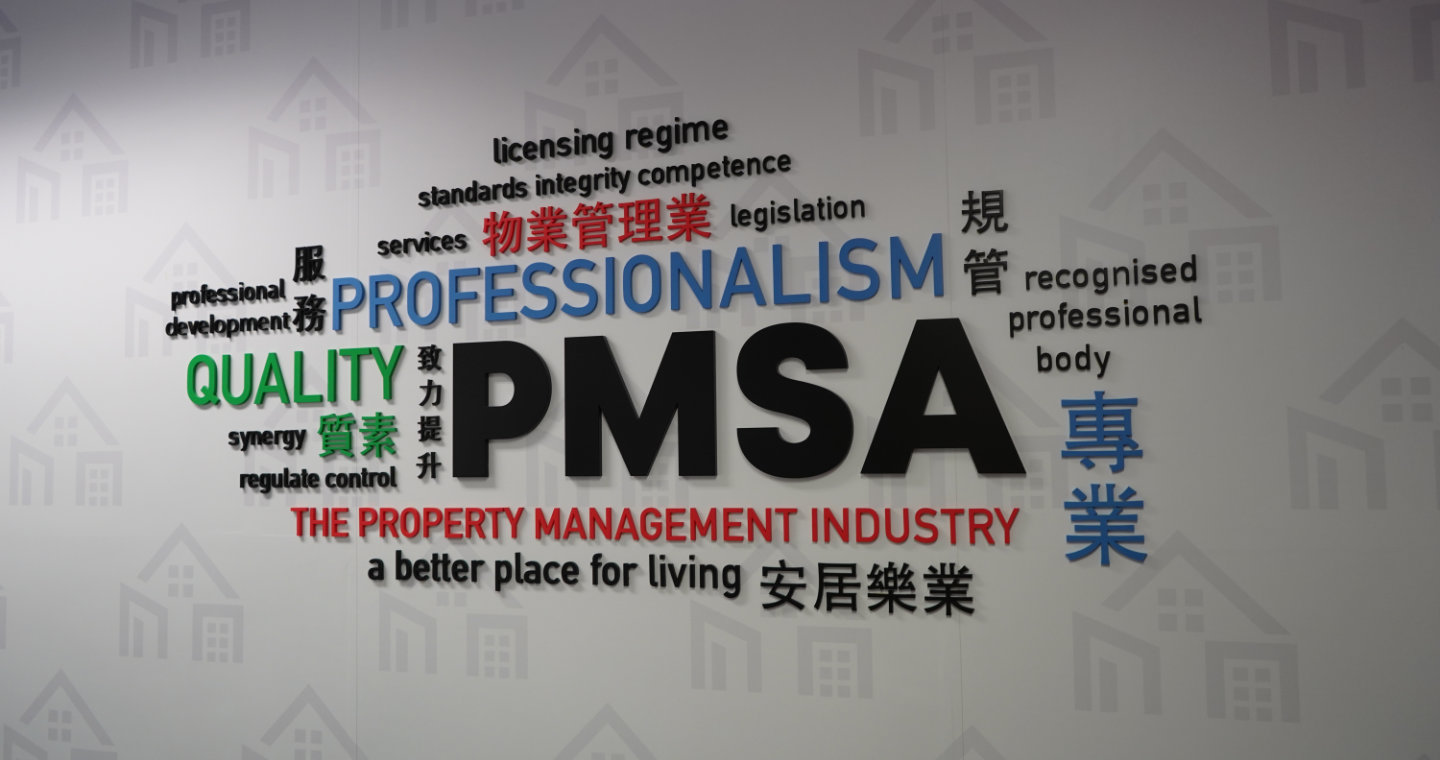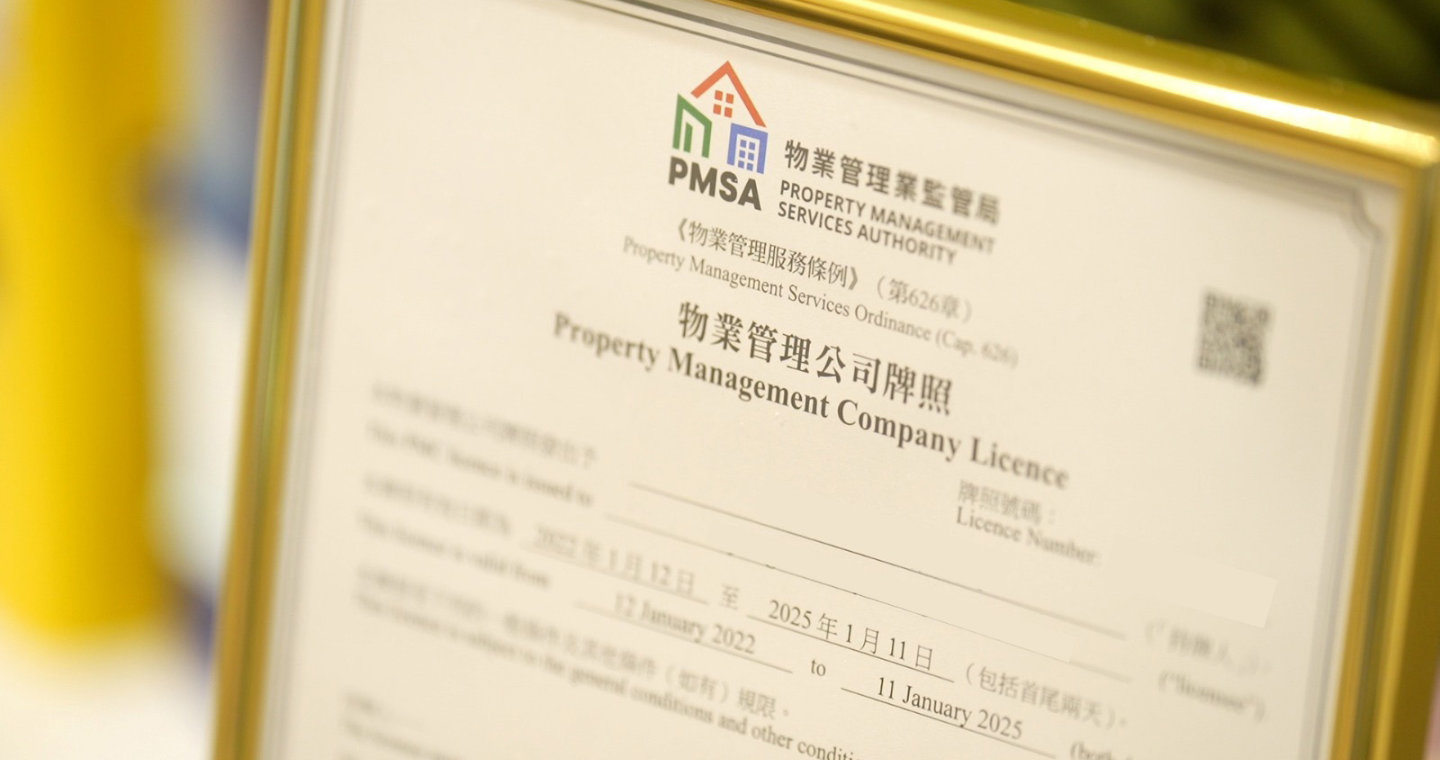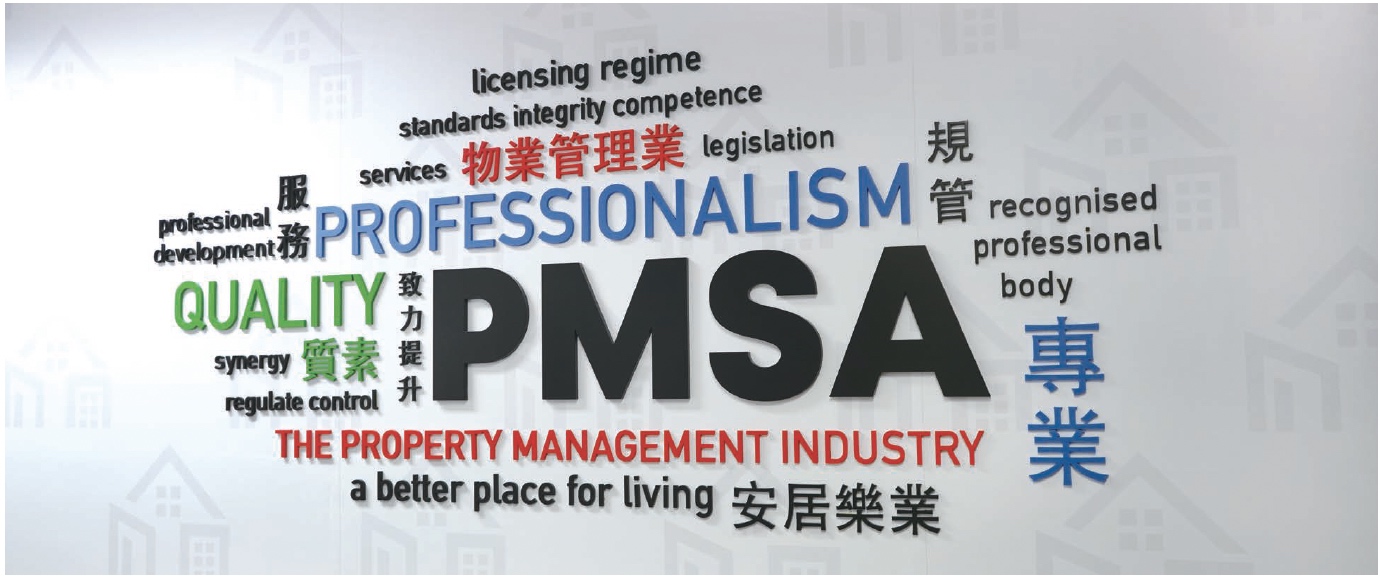Becoming a Recognised Professional Body
1. Relevance to the property management profession in Hong Kong
The objectives of the organisation are relevant to the property management profession in Hong Kong. It carries out its business in Hong Kong, maintains a register of members accessible to the public for inspection and has sufficient resources and puts in place appropriate governing structures to organise events, conduct related research and publish findings. It has continually contributed to the promotion of professionalism and facilitated the development of the property management profession in Hong Kong.
2. Membership criteria
The organisation requires, as criteria for membership of the professional class, considerable academic qualifications and amount of work experience in providing property management services so as to demonstrate competence in the profession. The organisation assesses applicants for membership through a stringent process involving, for example, interviews, written examinations and/or certification of relevant work experience by qualified practitioners. The organisation attaches importance to the ethics of applicants for membership, and has implemented a reliable mechanism to verify information submitted by applicants.
3. Mechanism to regulate professional conduct
The organisation has formulated relevant codes of conduct and/or guidelines on promoting professionalism of its members, and makes these codes and guidelines available to its members as well as the public. In dealing with contravention of these codes or guidelines, the organisation has a complaint-handling, disciplinary and appeal mechanism, which is consistently and fairly applied and the procedures of which are accessible to the public. In addition, the organisation keeps proper records of cases of contravention.
4. Requirement on continuing professional development of members
The organisation requires members to participate in continuing professional development (CPD) activities to ensure that its members continuously improve their professional knowledge and keep pace with the development of the profession. The CPD activities, whether provided by the organisation or third parties, are of good quality, relevant to the profession and conducive to maintaining or promoting professional standards. The organisation has a mechanism in place to verify members’ compliance with its CPD requirement, and sets clear rules regarding the consequences of non-compliance and enforces the rules consistently.
5. Recognition of the organisation
The contribution of the organisation to the profession and/or community is held in high regard, or the organisation is recognised by regional or international property management industry. The professional qualifications of its members are widely accepted. Findings of research conducted or articles written by members of the organisation are published or quoted from time to time. Its members are often invited to attend events or give speeches concerning the profession, and/or appointed by relevant government departments or bodies to provide professional advice.
Any organisation interested in becoming a recognized professional body is required to submit an expression of interest. Thereafter, the organisation will be requested to provide the relevant information for the Property Management Services Authority to consider, which may include documents and/or data showing that the above criteria have been complied with for a period specified by the Property Management Services Authority.
Once an organisation has been recognised, its name will be published in the Property Management Services Authority website.
For an organisation to be continuously recognised by the Property Management Services Authority
For an organisation to be continuously recognised, it is required to, among other things:
• submit an annual return containing the information specified by the PMSA, which may include changes, if any, to the requirements on the admission of members and statistics on its members’ compliance with its CPD requirements; and
• allow non-member PMP licence holders to take part in the CPD activities which it organises and, if a fee is charged for taking part in the activities, the fee must not be higher than that for its members.



























